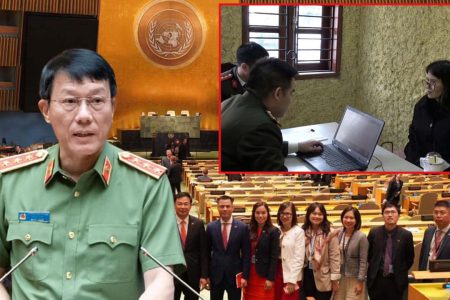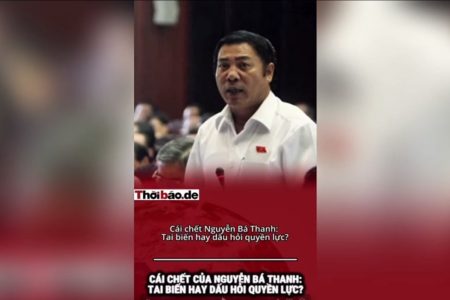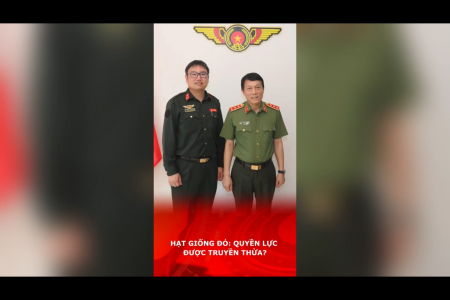
An Interim National Security Strategic Guidance released by the White House on March 3, President Joe Biden referred to Vietnam as a partner Washington was aiming to “deepen” in regional security cooperation. With Vietnam emerging as this new factor, observers have expressed optimism about the elevation of US-Vietnam defense cooperation under President Biden’s administration.
The cover page of Interim National Security Strategic Guidance released by the White House on March 3.
“We will deepen our partnership with India and work together with New Zealand, as well as Singapore, Vietnam, and other ASEAN member states, to advance our goals,” the White House’s 24-page paper reads. push common goals. “
Like its predecessor, Donald Trump, the Biden administration focuses on its goals of preventing aggression and counter Chinese threats, as well as China’s coercion and over-influenced for neighboring countries and territories.
The document reads: “We will assist China’s neighbors and trading partners in defending their right to make independent political choices, free from force or undue influence of foreign countries.“
„We will continue to protect access to global lands and territorial waters, including freedom of navigation and overflight under international law,“ the document read.
Observers told VOA that the White House documents showed Vietnam „emerging as a new factor“ in the US national security strategy in the new Biden administration, alongside traditional allies of Washington in the region.
From Hanoi, Dr. Ha Hoang Hop, a scholar of the Institute of Southeast Asian Studies in Singapore (ISEAS), said:
“Emerging Vietnam shows that it is a positive assessment from the US side. Vietnam is clearly making positive progress, especially its contribution to building a stronger ASEAN community, and most importantly, its contribution to maintaining regional security. This could be the rather obvious reason for the Biden administration to have named Vietnam in its interim guidance.
„Despite the differences between Vietnam and the US, the Biden administration is still bringing the US-Vietnam bilateral relationship better and better,“ said Dr. Ha Hoang Hop.
Page 10 of the Interim National Security Strategic Guidance published by the White House on March 3, 2021, mentions Vietnam.
From Ho Chi Minh City, Dr. Hoang Viet, an expert on the East Sea (South China Sea) situation, said:
“Vietnam is mentioned because Vietnam has a rather important geopolitical position, its attitude towards China, and it is shifting its foreign policy – closer to the US. These are the possible reasons why the US Interim National Security Strategic Guidance mentions Vietnam.”
„Based on this new guidance, we can be optimistic and confident that in the coming time Vietnam-US relations will continue to develop further, especially in terms of security and defense.“
The aircraft combat group Theodore Roosevelt and Nimitz practiced in the South China Sea on February 9, 2021.
President Biden wrote in a statement announcing the Guidance: “As we strengthen alliances, we increase our strength and ability to break threats before they reach our shores.“
The document reads: “We are faced with a world of rising nationalism, declining democracy, growing competition with China, Russia, and other authoritarian states, and the technological revolution is reshaping every aspect of our lives.”
The White House said that these Interim Interim National Security Strategic Guidance show President Biden’s vision of US policies towards the world and provide guidance to ministries and agencies that regulate action while the Administration is arresting the beginning of the official National Security Strategy.
Thoibao.de (Translated)


























